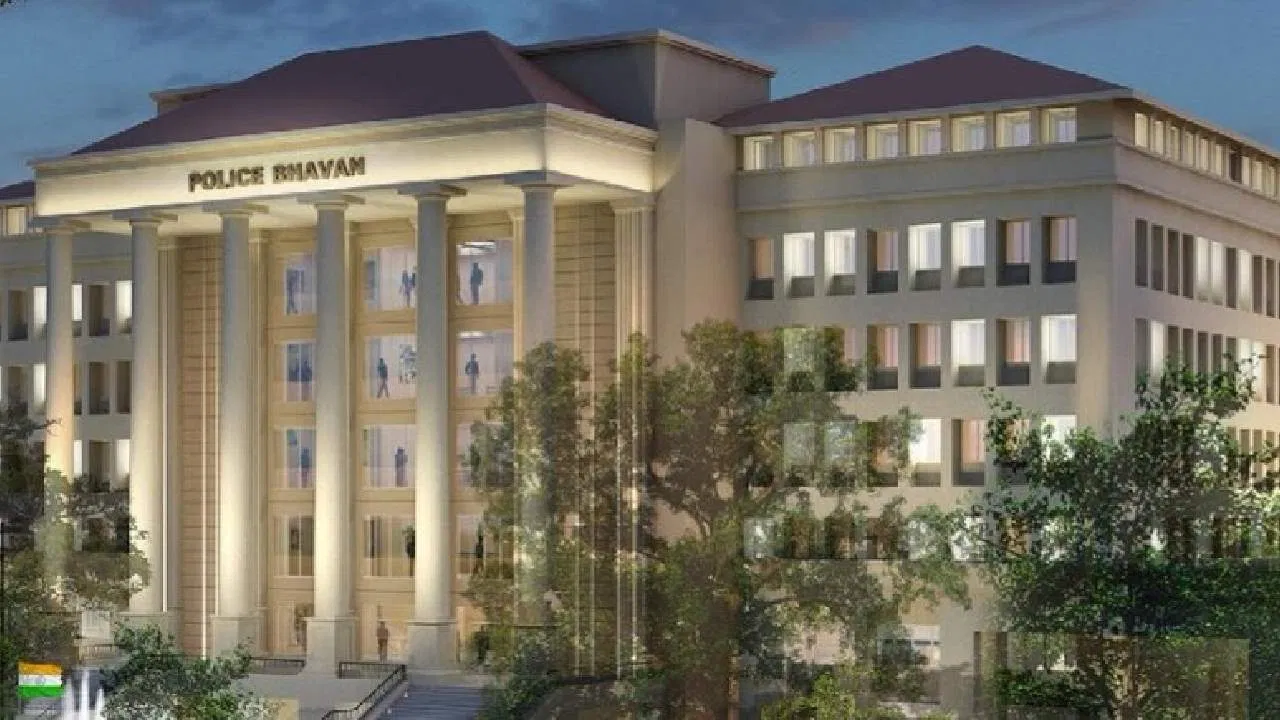
Nagpur: The Nagpur Municipal Corporation (NMC) finds itself battling a massive property tax backlog, with Maharashtra Government departments leading the list of defaulters. As of December 31, 2024, the total outstanding dues from property owners amount to ₹850 crore, with government institutions contributing ₹93.81 crore to this growing crisis.
Key government entities have emerged as significant defaulters, including:
• Regional Transport Office (RTO): ₹25.39 crore
• Police Commissionerate: ₹40.20 crore for police stations and residential quarters
• Deputy Director of Sports Complex: ₹12.87 crore
In addition, institutions like the Government Polytechnic at Sadar and the Public Health Laboratory owe ₹4.6 crore and ₹31.2 lakh, respectively. Despite stringent measures against individual and business defaulters, no such action has been initiated against these government bodies.
Mounting dues and financial strain
The NMC’s Property Tax Department reports total arrears of ₹850.1 crore, including interest and penalties of ₹770.45 crore. Government departments alone are responsible for ₹83.74 crore of historical dues and ₹10.06 crore from the current financial year. These arrears significantly hamper the corporation’s ability to fund essential services and infrastructure development.
To address the crisis, the NMC introduced an amnesty scheme on January 1, 2025, allowing defaulters an 80% waiver on interest and penalties. The scheme, aimed at encouraging tax compliance, will remain in effect until March 31, 2025.
Under the Maharashtra Municipal Corporations Act, 1949, the NMC has the authority to impose penalties or interest on unpaid taxes and take recovery actions such as property attachment or auction. NMC’s 10 Zonal offices have intensified collection drives, issuing warrants and attaching properties of private defaulters, but government departments remain untouched.
“This is a pressing issue. Repeated notices have been sent to these departments, but payments are often delayed due to bureaucratic hurdles,” an NMC official stated. The lack of financial discipline among government entities sets a poor example for citizens and businesses, undermining efforts to enforce tax compliance.
The NMC’s inability to recover dues from government bodies not only weakens public trust but also jeopardizes its ability to provide critical services. With urban development heavily reliant on property tax revenue, such defaults pose a serious threat to the city’s growth and functionality.
The defaulters
· Police Commissioner — Rs 34,58,55,527
· Dean Ayurvedic College & Boys Hostel — Rs 24,93,727
· Principal Govt. Polytechnic — Rs 86,80,654
· Tehsildar Tehsil Office (Rural) — Rs 2,21,99,364
· Transport Officer RTO (Rural) — Rs 25,39,17,471
· Dy Director Krida Sankul/Group — Rs 12,87,38,424
· Dy Director Boys & Girls Hostel — Rs 52,84,459
· Police Training School — Rs 4,25,21,856
· Police Hostel — Rs 4,13,32,232
· Police Rani Durgavati Hostel — Rs 2,07,72,540
· Principal Hotel Management — Rs 1,72,72,100
· Dy Commissioner Wing-B — Rs 60,41,706
· Dy Commissioner Caste Verification — Rs 65,16,335
Property tax is a critical revenue stream for urban development. Non-payment hampers the NMC’s ability to provide essential services such as water supply, waste management, and road maintenance.
















